Bahrain opposition blasts Saudi Shia youth execution as ‘brutal and inhumane’
A Bahraini protest movement has denounced Saudi Arabia's execution of a young man from the kingdom’s Shia-majority Qatif region, saying his death confirms the “terrorist and criminal” nature of the Riyadh regime.
The February 14 Youth Coalition — named after the date when a popular uprising against Bahrain’s ruling Al Khalifah regime was born — described the execution of Mustafa bin Hashim bin Issa Al Darwish, 26, as a crime against humanity.
“Such an act attests to the fact that the House of Saud is a terrorist and criminal regime, neither does it respect religions nor human rights, and it discards all international human rights principles. The move also shows that [US President Joe] Biden and his administration are covering up the crimes of their allies,” it said in a statement.
The opposition movement further stated that Al Darwish was arrested when he was just 17 years old. He was subjected to brutal torture for long periods to extract confession and to level a set of trumped-up charges against him in preparation for his execution, it said.
The February 14 Youth Coalition finally extended its deepest condolences to the residents of Qatif region in Eastern Province, and called on all freedom-loving people of the world to censure the heinous crime, which was committed by Saudi Crown Prince Mohammed bin Salman and his father King Salman.
Al Darwish was arrested in May 2015 and charged with protest-related offences, many of which occurred when he was 17. He was executed on Tuesday in Dammam, a statement from the Saudi Ministry of Interior read.
According to Reuters news agency, Al Darwish's charges included “seeking to disturb security by rioting” and “sowing discord”.
Evidence against him included a picture “offensive to the security forces”, and his participation in over 10 “riot” gatherings between 2011 and 2012.
Reprieve and Amnesty International said his confession was obtained under duress and that he recanted his confession, which he said was obtained through torture, in court.
Reprieve said Al Darwish's family received no warning about the execution in advance, and only learned about it online.
“How can they execute a boy because of a photograph on his phone? Since his arrest, we have known nothing but pain. It is a living death for the whole family,” his family said in a statement.
Eastern Province has been the scene of peaceful demonstrations since February 2011. Protesters have been demanding reforms, freedom of expression, the release of political prisoners, and an end to economic and religious discrimination against the oil-rich region.
The protests have been met with a heavy-handed crackdown by the regime. Security forces have increased security measures across the province.
Ever since bin Salman became Saudi Arabia’s de facto leader in 2017, the kingdom has arrested dozens of activists, bloggers, intellectuals and others perceived as political opponents, showing almost zero tolerance for dissent even in the face of international condemnations of the crackdown.
Muslim Saudi scholars have been executed, women’s rights campaigners have been put behind bars and tortured, and freedom of expression, association and belief continue to be denied.
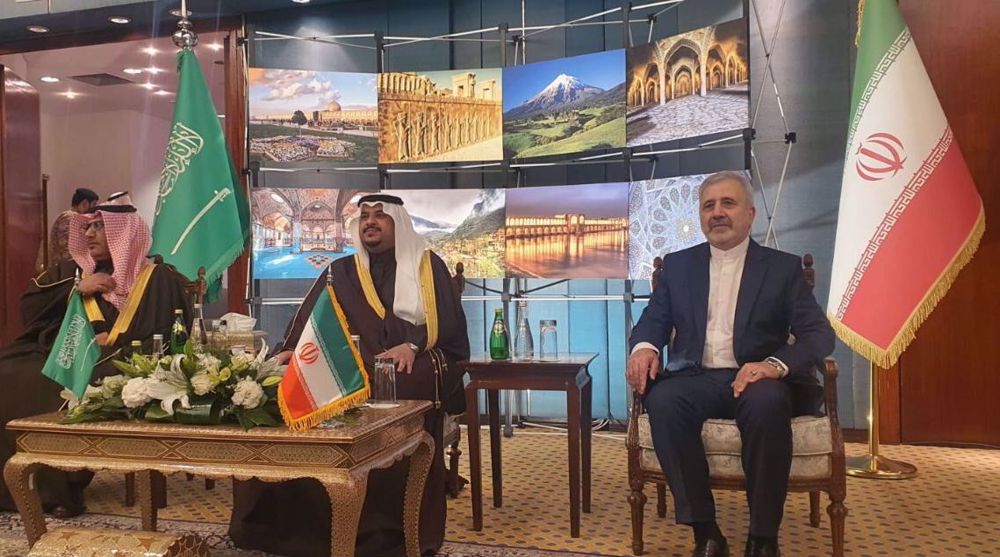
Tehran, Riyadh expanding, deepening mutual cooperation: Iran’s ambassador
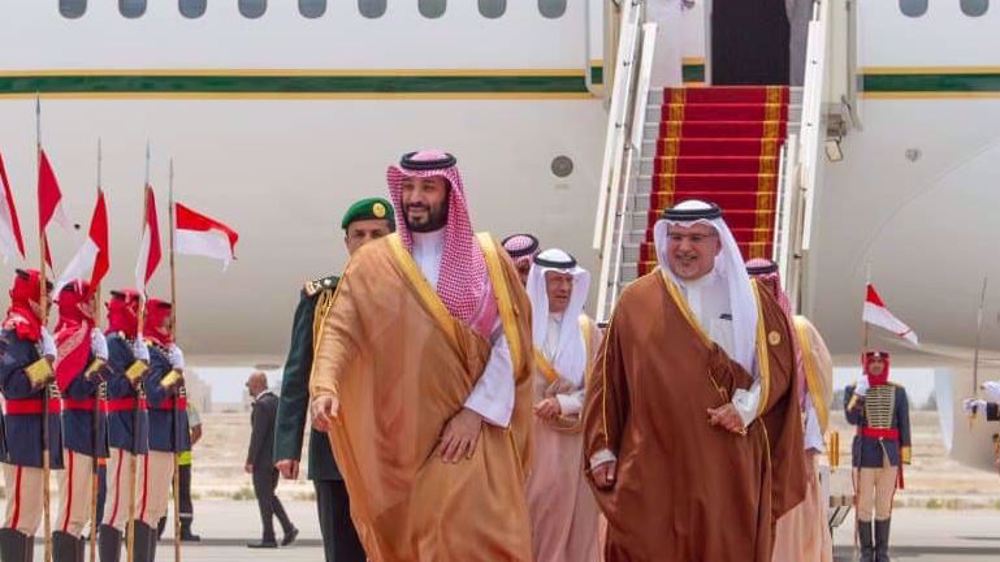
Arab League condemns Netanyahu’s proposal to create Palestinian state in Saudi Arabia
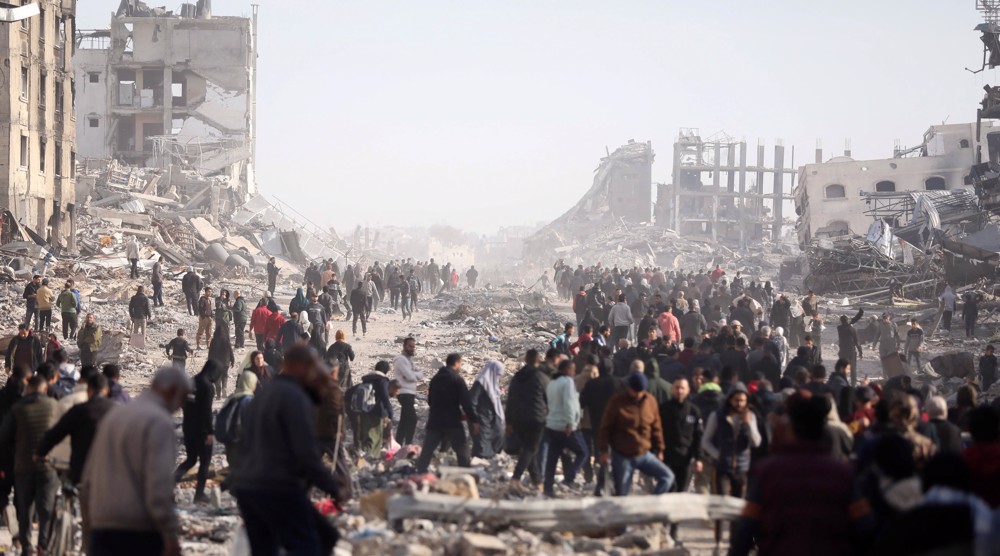
‘Extremist mindset’: Riyadh rejects Netanyahu’s remarks on displacing Palestinians
Netanyahu: Israel won't allow Hayat Tahrir al-Sham forces in southern Syria
Hezbollah leaders’ historic funeral showed resistance strength: Islamic Jihad
Iran reports surge in air traffic as Austrian, Lufthansa resume flights
VIDEO | South Africans set to lobby government to isolate Israel
IRGC chief: Nasrallah decisive figure in regional equations with global dimensions
VIDEO | Press TV's News Headlines
Netanyahu's son 'exiled abroad for hitting his father': Knesset member
Iran money supply up 28.4% y/y in late January: CBI


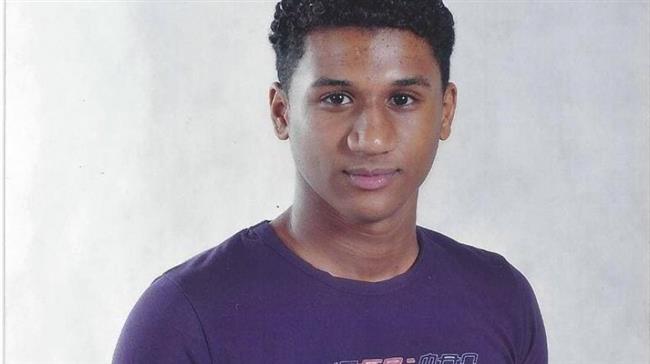






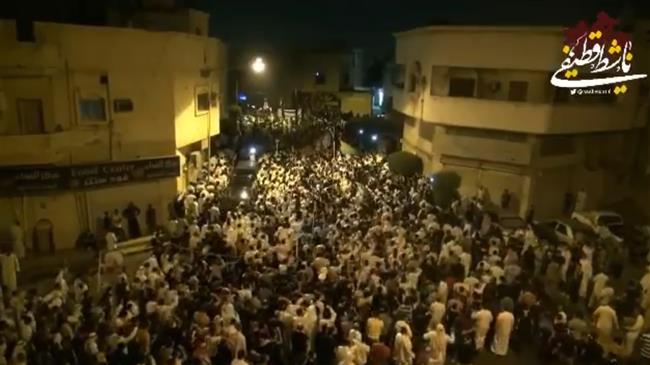
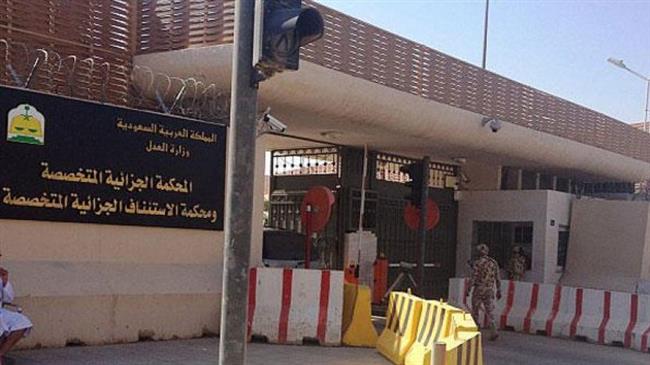
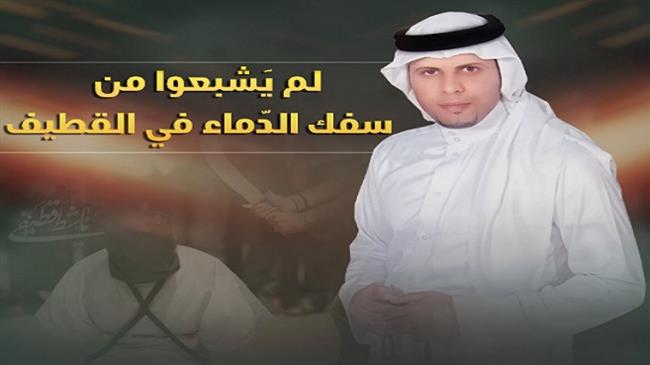
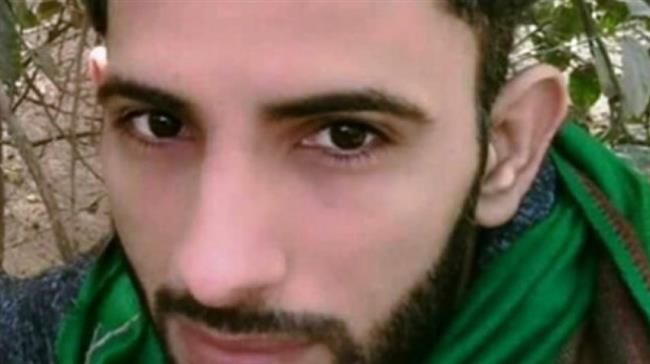
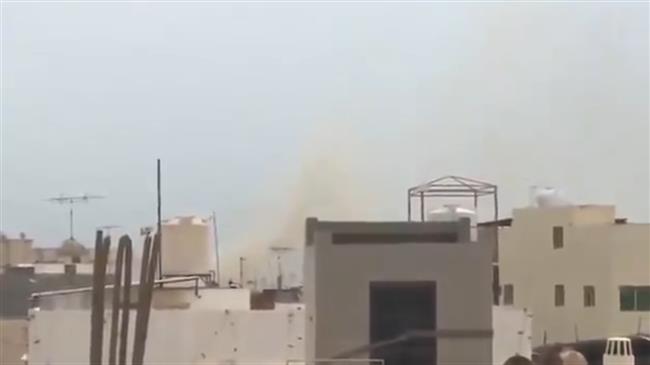

 This makes it easy to access the Press TV website
This makes it easy to access the Press TV website